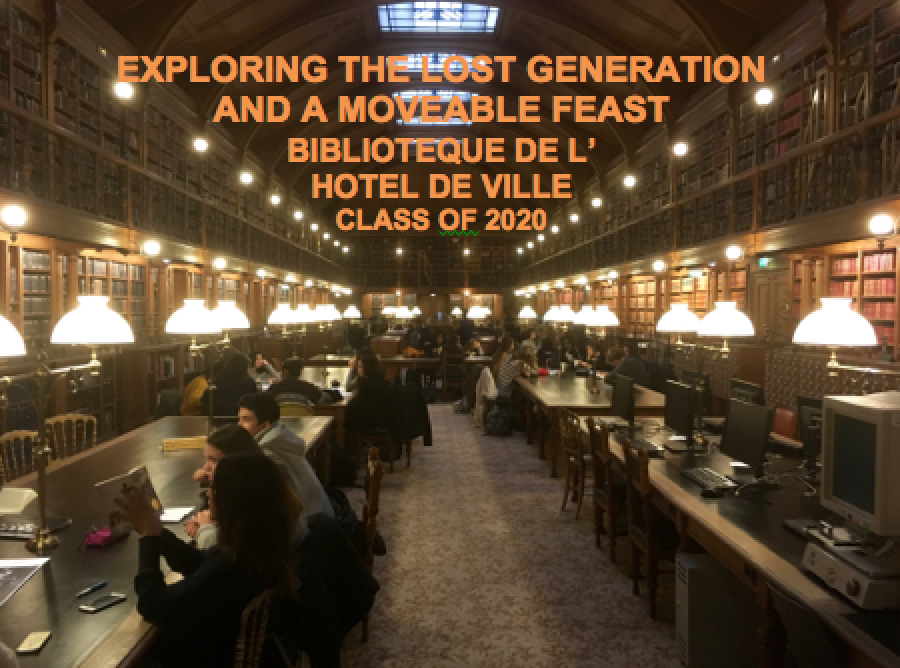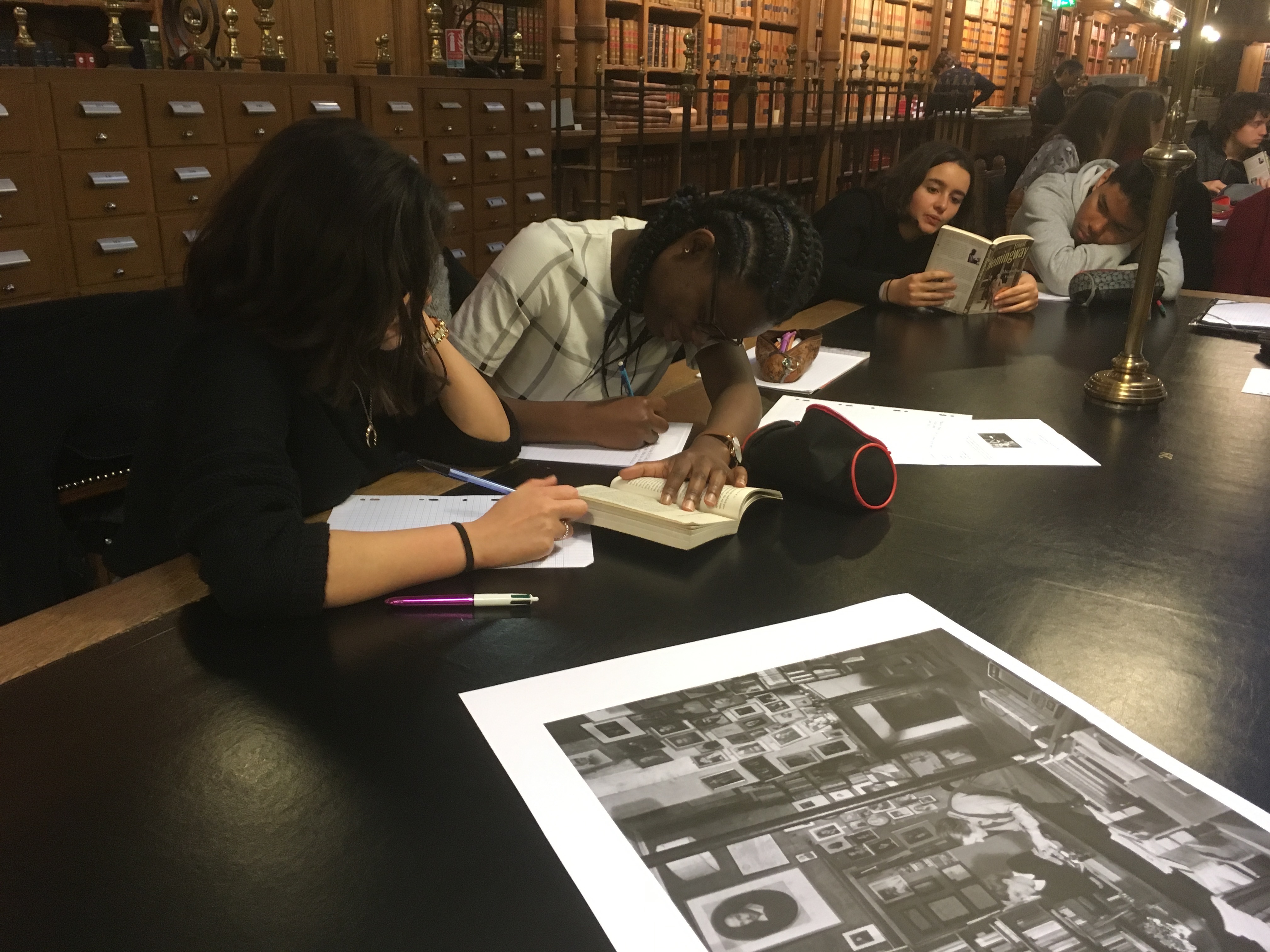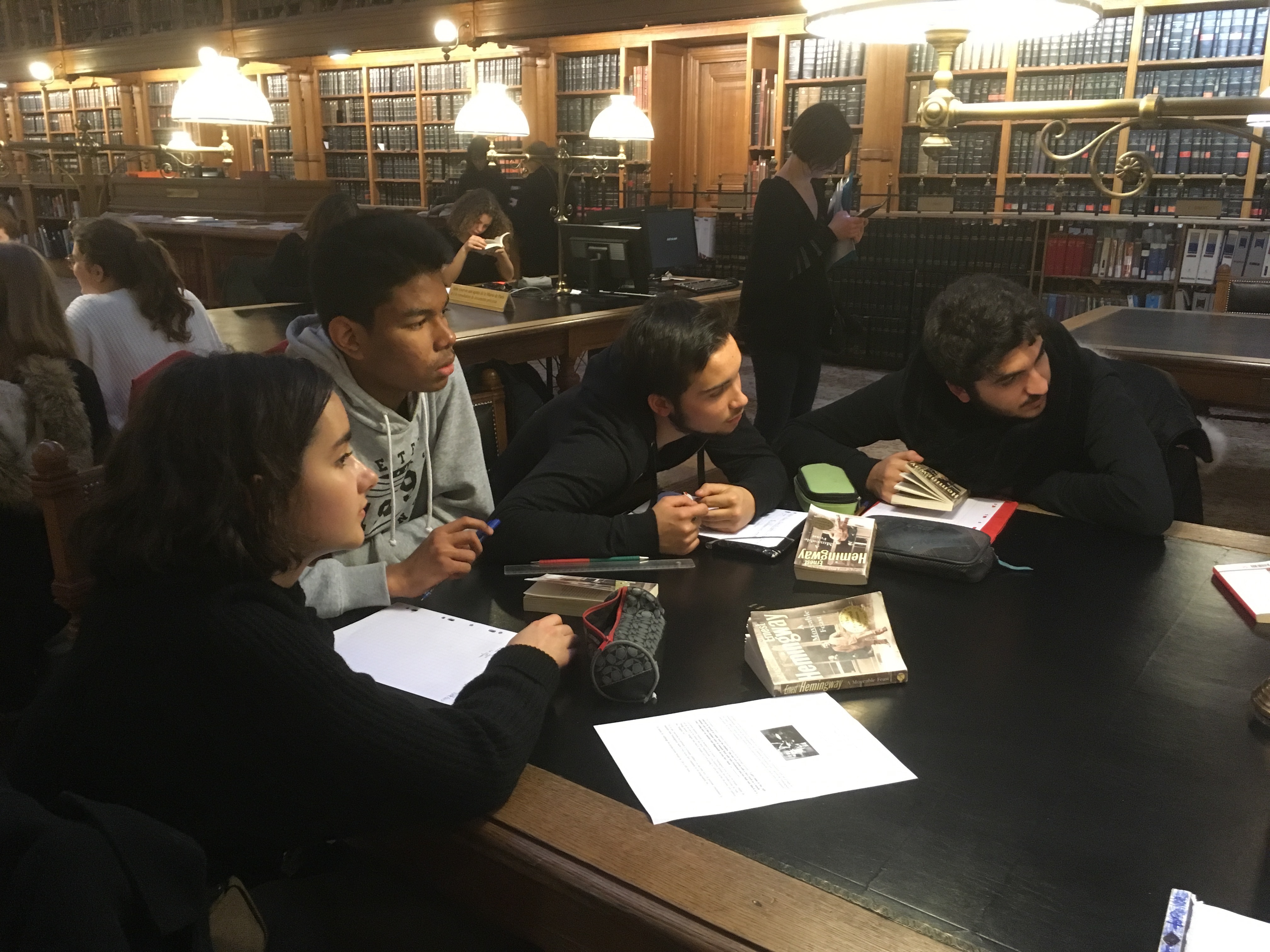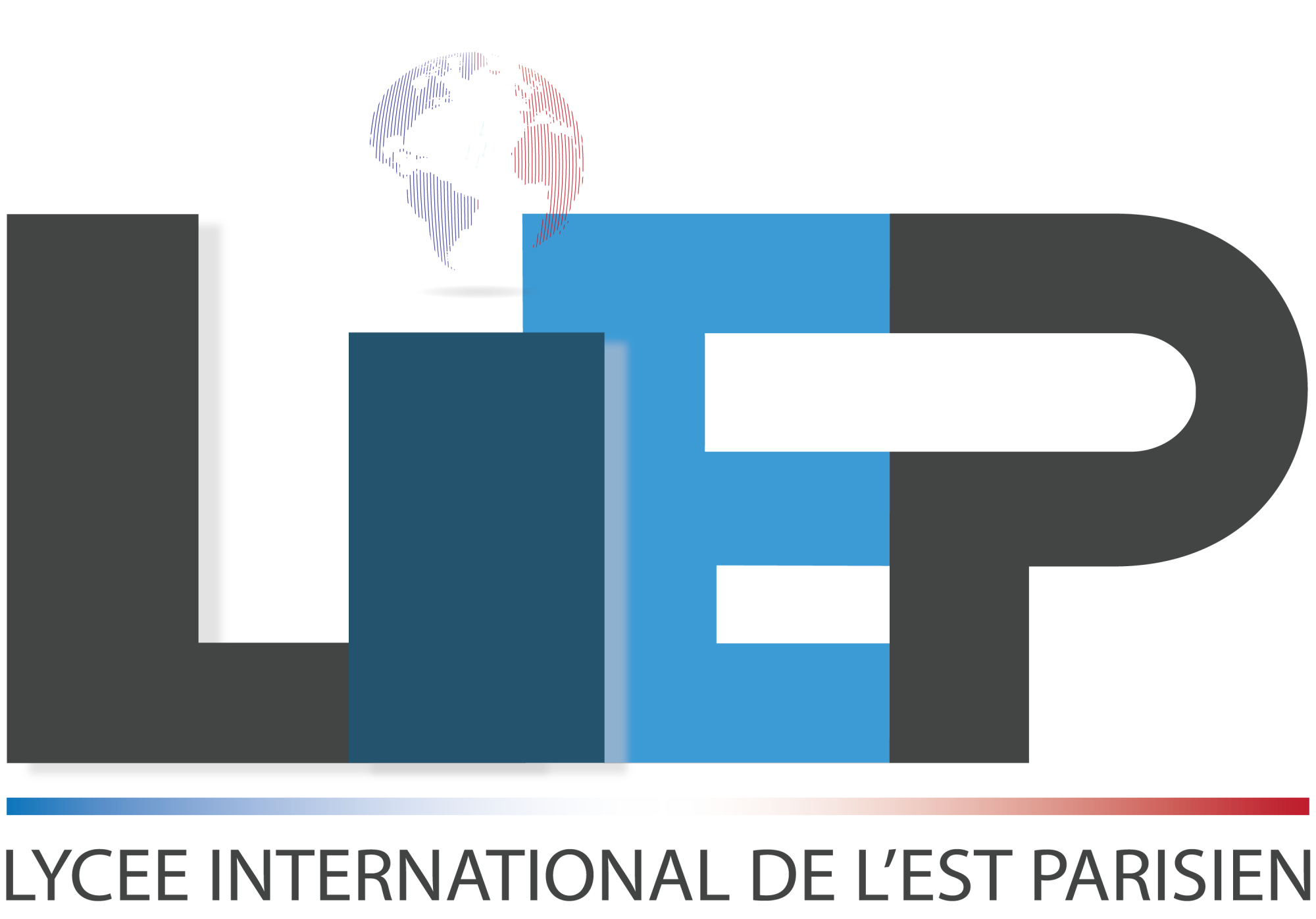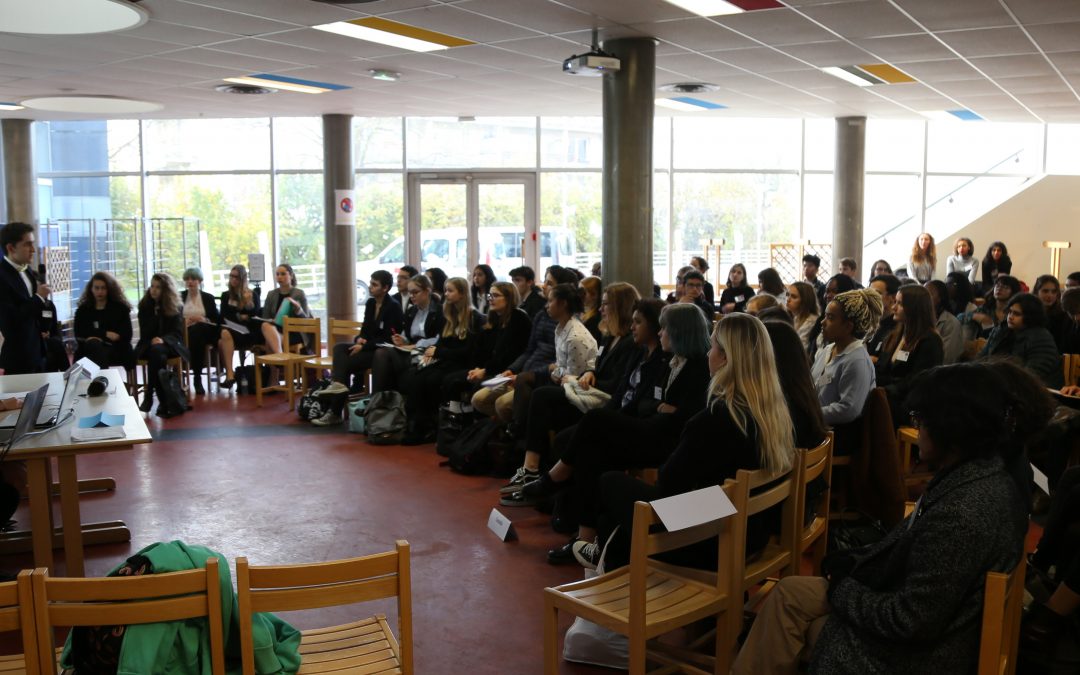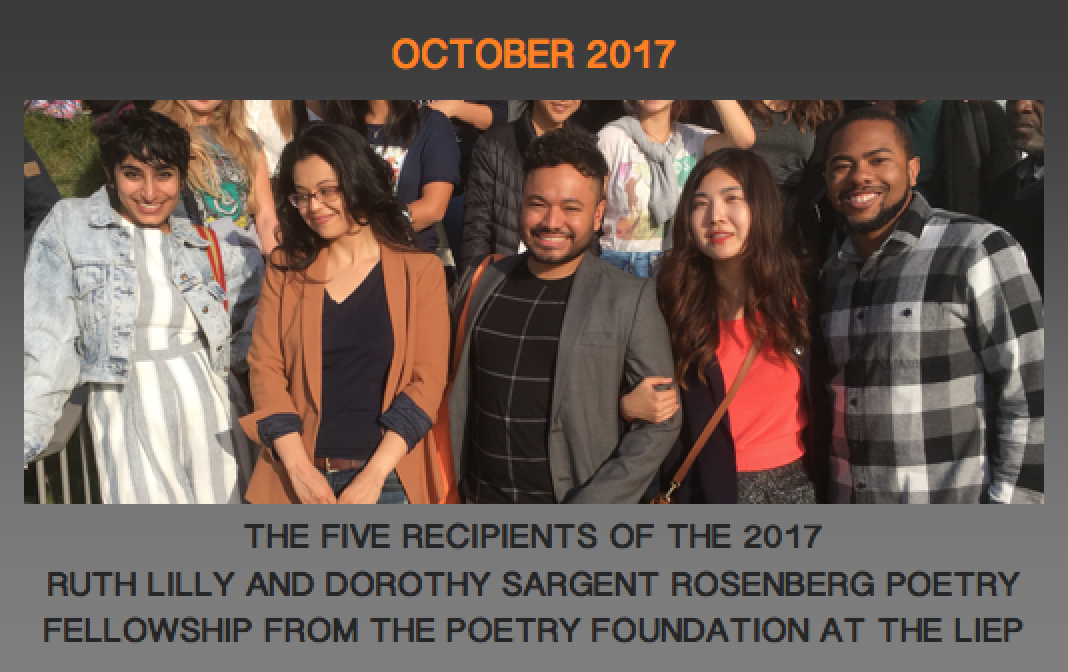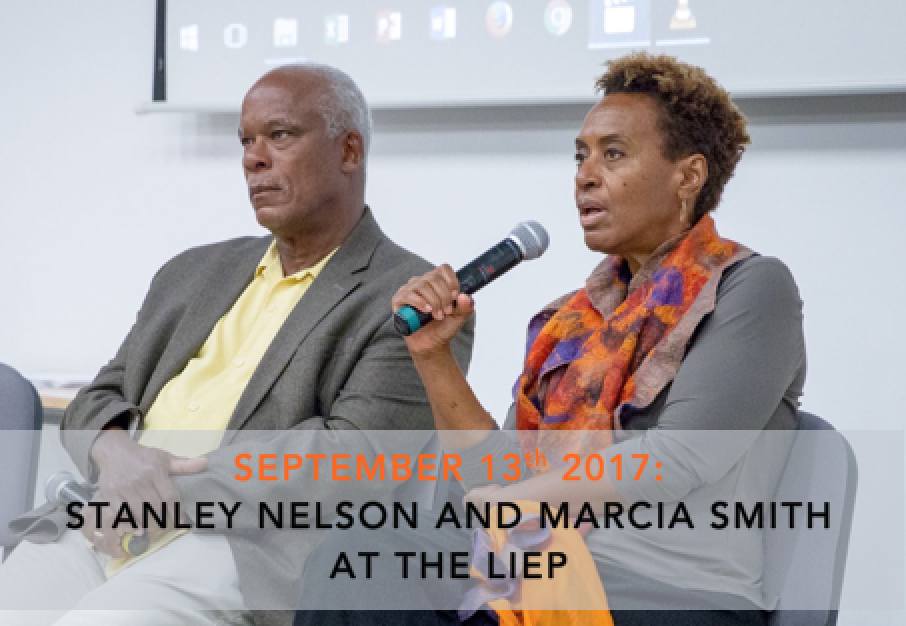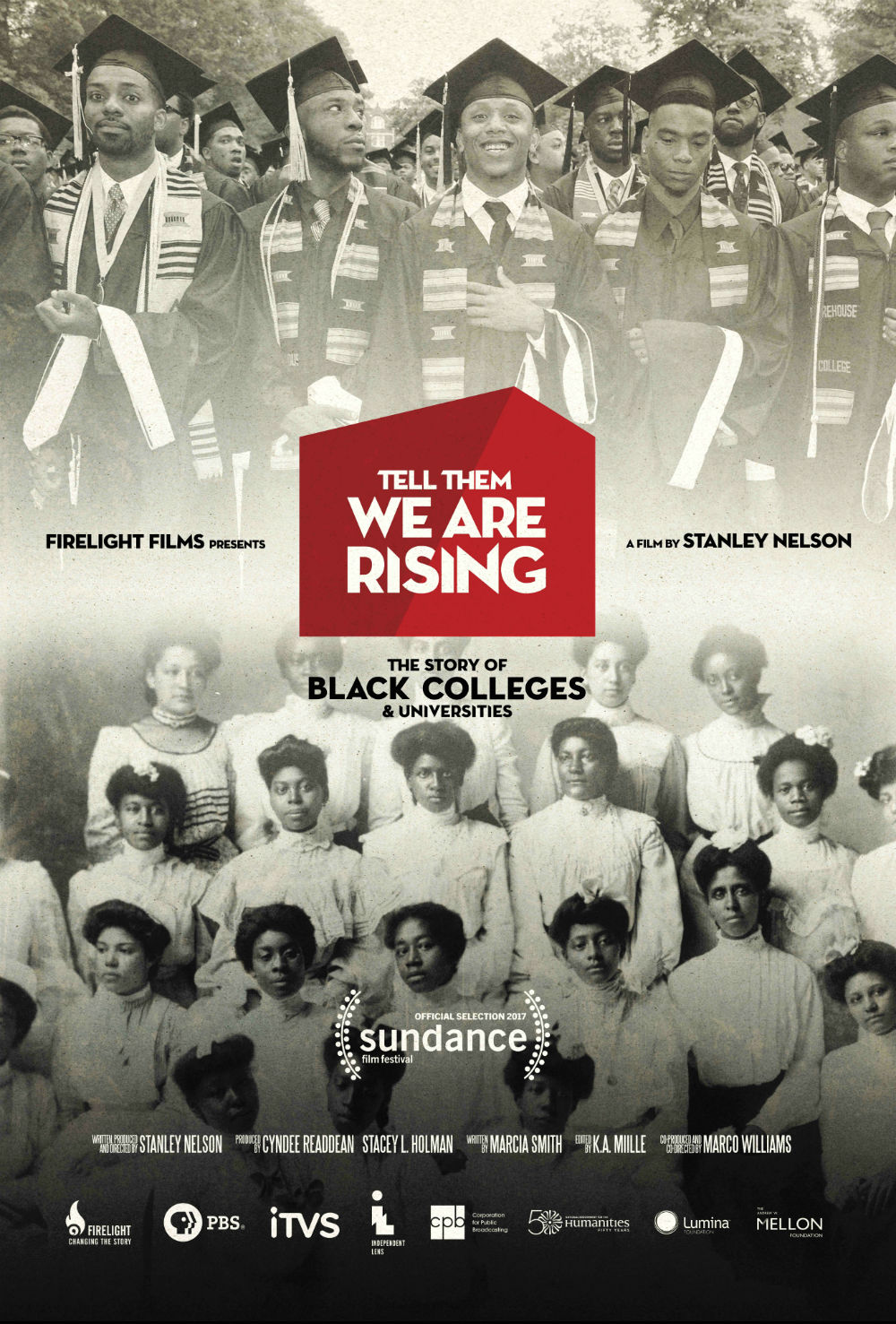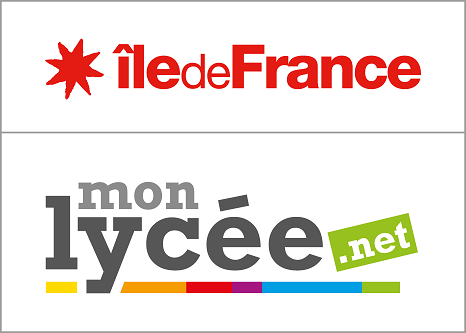CELIA’S ARTICLE
On Monday October 16th, 2017, five amazing young people met the juniors in the amphitheater of the LIEP. Fatimah Asghar, Sumita Chakraborty, Cortney Lamar Charleston, Roy G. Guzmán, and Emily Jungmin Yoon couldn’t be more different from one another, but they are all poets and that Monday, they were all at the same table, they were all here to share their common passion.
These five young poets won the 2017 “Ruth Lilly and Dorothy Sargent Rosenberg Poetry Fellowship”, and the juniors of the American section had the incredible opportunity to meet them for a two hour round table and a two hour workshop.
Celia
Thoughts on Poetry, by Celia
Using the words of (F)FATIMAH, (S)SUMITA, (C)CORTNEY, (R)ROY AND (E)EMILY
first stanza : poetry
(E) poetry was a space where I could fail in English,
where irregularities of language were embraced.
(S) poetry was a challenge, a difficulty,
it confused me.
(R) at first, I was excluded from poetry
but it became a healing,
a place where I could finally process my emotions.
(F) poetry helped my world building,
it was an escape, a place where I could fit.
(C) poetry expresses what is in my head,
it engages me in the world, I can participate
with my own voice and story.
second stanza : points of view
(F) I am writing about culture because
I want people to challenge how they see what it means to be American.
(S) by reading, writing, interpreting,
everybody is shaping the ongoing conversation of literature.
(E) the writer’s responsibility is to understand
and find how to unite differences of culture in a poem.
(R) writing poetry is a resistance,
it is being politically engaged.
(C) culture influences poems,
it sustains me, I want to honor it.
third stanza : what for ?
(C) poetry is a method of human inquiry,
it is asking, trying to reach a better understanding
of truth.
(S) it is a method of human discovery
and the process of asking questions,
poetry is about differences.
(F) poetry challenges the boundaries of
what is human and what is not,
it is the syntax of humanity.
(E) we need art for life to be worth living,
poetry expends language capacity
and reminds us of our humanity.
(R) there is no such thing as “truth”,
it is your truth,
your experience is as valid as anyone else’s.
last stanza : to you
(S) learn how to honor your own perceptions,
don’t try to make them fit in anyone else’s pattern.
(E) doing poetry is playing with words,
it is a space where you are allowed
to mess up the language.
(C) at first, poets did not speak to me,
they did not talk about the world i saw in front of me,
but I saw people of my age telling their poetry
and I realized that together, we are powerful.
(R) you can bridge music and poetry,
poetry has a musicality too.
(F) reading poetry from other people
is the most interesting,
because you can learn about different experiences.
read their poems here :
Fatimah Asghar : https://www.fatimahasghar.com/media
Sumita Chakraborty : https://www.sumitachakraborty.com/poetry/
Cortney Lamar Charleston : https://www.cortneylamarcharleston.com/publications-selected/
Roy G. Guzmán : http://www.roygguzman.com/publications/
Emily Jungmin Yoon : http://emily-yoon-poetry.tumblr.com/poetry
